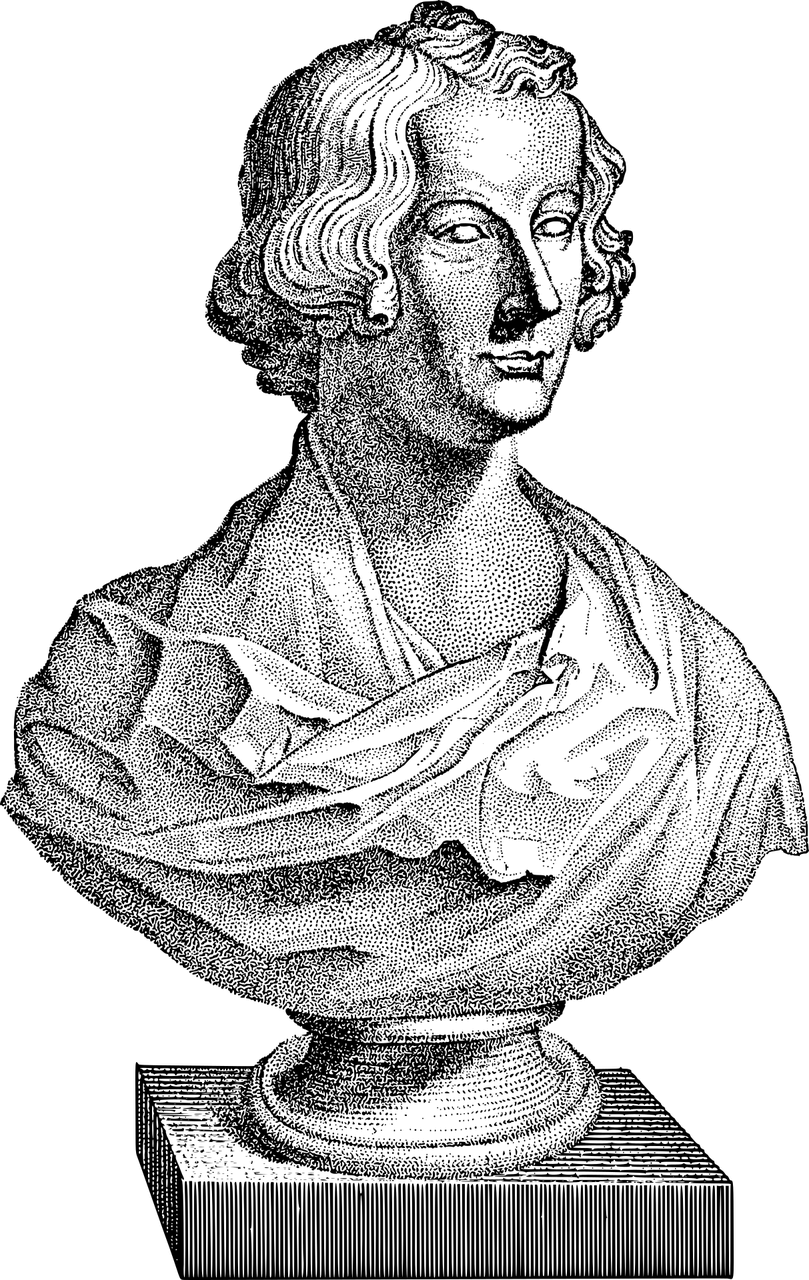1984: George Orwells Timeless Dystopian Masterpiece

Introduction:
“1984” by George Orwell is a literary masterpiece that has captivated readers for decades. This dystopian novel explores themes of totalitarianism, government surveillance, and the power of language. With its thought-provoking ideas and chilling portrayal of a future society, “1984” continues to remain relevant and impactful in today’s world.
Historical Development:

“1984” was published in 1949 by English author George Orwell. Orwell, whose real name was Eric Arthur Blair, drew inspiration from the political climate of the time, particularly the rise of totalitarian regimes such as Nazi Germany and Stalinist Russia. He envisioned a future where individualism and freedom were crushed under the control of a totalitarian regime known as “Big Brother.”
The novel’s setting takes place in Airstrip One, a province of the superstate Oceania. Orwell presents a society where every aspect of daily life is heavily monitored by the government, and citizens are forced to adhere to strict rules and ideologies. The protagonist, Winston Smith, works at the Ministry of Truth, where he alters historical records to fit the Party’s propaganda.
Over time, “1984” has gained immense popularity and critical acclaim. It has become a staple of modern literature and has been translated into numerous languages, making it accessible to readers around the world. The novel’s impact can be seen in various mediums, including adaptations for film, television, and stage. Its influence has extended beyond literature and has become part of the cultural zeitgeist.
Key Themes:
The novel explores several key themes that resonate strongly with readers. These themes include:
1. Totalitarianism and Government Surveillance:
“1984” vividly portrays the dangers of a government that exercises absolute control over its citizens. The Party monitors every move of its citizens, using advanced surveillance technology and propaganda to maintain its power. The omnipresent figure of Big Brother symbolizes the all-seeing, all-knowing entity that manipulates and suppresses individual freedom.
2. Power of Language:
Orwell emphasizes the importance of language in shaping society and controlling the masses. The Party’s manipulation of language through Newspeak, a reduced version of English, serves to limit independent thought and promote conformity. The novel introduces concepts such as “doublethink” and “thoughtcrime,” highlighting the Party’s attempt to eradicate individuality and original thinking.
3. Psychological Manipulation:
“1984” delves into the psychological effects of living under constant surveillance and manipulation. Winston Smith’s rebellion against the Party’s oppressive regime creates internal conflicts, as he struggles to maintain his individuality and resist conforming to the Party’s ideologies.
4. Historical Revisionism:
The novel discusses the concept of rewriting history to fit the Party’s agenda. Winston’s role in the Ministry of Truth reveals the Party’s constant alteration of records, erasing any evidence of dissent and redefining past events. This theme emphasizes the Party’s control over truth and the dangers of rewriting history to maintain power.
[INSERT VIDEO HERE]
Impact and Legacy:
Since its publication, “1984” has left an indelible mark on literature and popular culture. Its exploration of themes such as government surveillance, the abuse of political power, and the manipulation of language have resonated with readers across generations. The novel’s influence can be seen in various forms, including literature, music, film, and even political discourse.
In recent years, the themes presented in “1984” have become increasingly relevant. The advancements in technology and the widespread surveillance of individuals have sparked concerns about the erosion of privacy and personal freedom. This novel serves as a cautionary tale, reminding us of the dangers that lie in unchecked governmental control and the importance of safeguarding individual rights.
In conclusion, “1984” by George Orwell remains a lauded masterpiece that continues to captivate readers with its thought-provoking themes and chilling portrayal of a dystopian society. Its historical context and the pervasive impact it has had on literature and popular culture make it an essential read for anyone interested in exploring the depths of human nature and the dangers of unchecked power.
References:
– Orwell, George. 1984. New York, NY: Signet Classics, 1961.
– “George Orwell’s 1984.” SparkNotes, www.sparknotes.com/lit/1984/.
– “1984 by George Orwell – A historical Analysis.” Publisher, date, www.publisher.com/1984/historical-analysis.